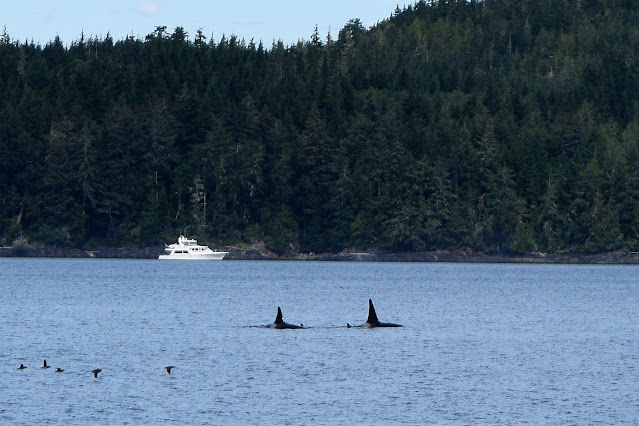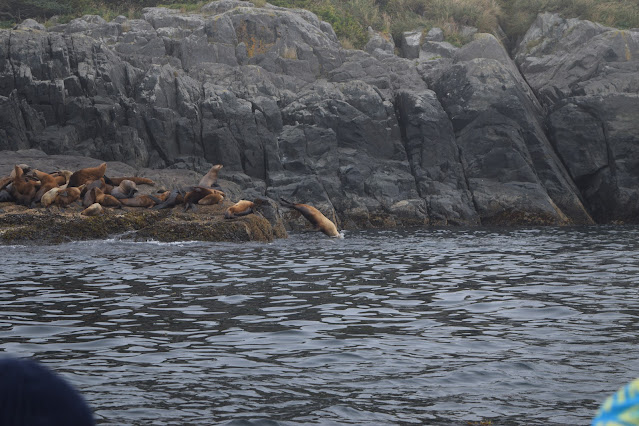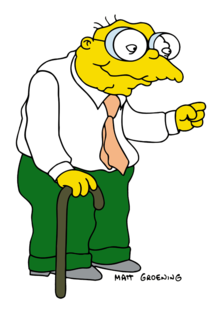It has been 25 years since the worst/best sporting event of my life, the 1997 Canada Summer Games.
Hosted in Brandon Manitoba, I had secured a spot on the British Columbia sprint canoe/kayak team, kind of a big deal for a then-17-year-old.
Alas, when it came down to the week of competition, if it could go wrong, it did.
Two weeks before the Games, I lost my paddle (stolen from an airport). It's a pretty specialized piece of equipment, with blade angles just how you like them, and length proportionate to one's height and wingspan (in my case, much longer than your average). Think of it like a road cyclist having their bike stolen and having to borrow a mountain bike that's too small to race in for the foreseeable future.
That was strike one.
Strike two was a little more within my own control, I realize after many years of retrospect. There was a coach who was not accredited as Canada Games coaching staff who was nonetheless there, and they--for whatever reason--chose to spend a lot of their time harassing my partner and I about equipment. Seats and a footboard for a particular boat, to be specific, which were under the control of an equipment manager. If I'd been better mentally prepared I would have ignored it, but I guess I wasn't so I let it get to me. It sounds small but it was a huge distraction.
One main race I was there to take part in was a team boat race: my "K2" (two-person kayak) partner, Doug, and I were going to be racing in a six-kilometre K2 race.
Strike three came when Doug blew out his shoulder and couldn't race. We were both devastated. He, because he and I had been training for this "forever", and now he had to be replaced. I was happy to race with another young and speedy paddler named Matthew, but we had never trained in K2 before, so it was bound to be "not as smooth". Keep in mind I was currently using a borrowed paddle that was too short for me, so I was already "not as smooth".
 |
The team, hanging around (I still wear my
Team BC track pants today!) |
Usually, three strikes and you're out. But we still had to race. Strike four was just around the corner.
The lake we were on (Lake Minnedosa, if you've ever had the pleasure), was angry on race day. Whitecapping waves being driven by strong gusty winds. A rowing regatta would be cancelled outright on a day like this, but not canoe/kayak! Get out there and hope you don't sink!
With or without the right partner, the podium was not really in sight for this race for us. The superpowers at the time were from Nova Scotia, Ontario and Saskatchewan (The Ontario team had some kid named Adam Vankoeverden and he was in this 6K K2 race). Therefore, we were just going to do what we could.
A 6K race involves doing laps of the race course. Each boat starts on a line, and as it's safe to do so, you move to the outside of the "track" and then start doing laps in a counter-clockwise fashion.
The start was into the headwind, so it was slow and messy as everyone fought to get boatspeed, and then worked to move to the outside as soon as possible.
 |
The year Kate and I started dating!
Here she was on the
Canada Games podium (as she was
for many of her races!) |
Lining up took a while, everyone trying to maintain the line with the wind blowing hard in our faces. The starting official did their best, and then pulled the trigger. We were off.
Matthew and I were a few hundred meters into our race when our rudder cable snapped. We had done our equipment checks prior to racing. This was not an identified problem.
Matthew, in the driver's seat and I in the back, were all of a sudden without steering. Facing into a wind, that's not too big a deal; your rudder will generally stay straight. But once we would be rounding the first corner and coming back down the course in a tailwind, we knew that a loose rudder would put us to the mercy of the wind. We stopped paddling, had a mild freakout and decided within seconds if we were going to push on or quit.
Despite shit hitting the fan, it wasn't really a choice. At that age, you work for years to get to a race like this, no matter the circumstances. We decided to keep going. And just then, a stroke of luck (paddling pun intended). As the teams jockeyed for position as they edged toward the outside lane, Saskatchewan and Ontario had "incidental boat contact". With the high wind, it was all it took to dump them both in, and the pack of other boats continued on up the course. The paddlers in those flipped boats started to fistfight, right there in the water in front of us. Matthew and I did the quick mental math. They were rightfully upset; they were two of the top three medal contenders. With their chances now sunk (or, sinking, I guess), lil' old British Columbia now had a shot at a podium spot. This reinforced our decision to keep going, and so we did.
 |
Leif Einarson, scoring one of the only
medals our men's kayak team
managed to pull in |
Spurred on by this thought, we charged ahead as best we could. We knew we had a lot of catching up to do, and we knew that every 1,000 meters we had to put in on the downwind stretches would be brutal.
Nova Scotia was off and long gone. They were most likely to win; that was established within the first kilometre of the race. As for the rest, it felt pretty wide open. Quebec was strong and going for it, Alberta and Manitoba were in it too.
It was Alberta that became our main competition for what appeared to be a bronze medal. Each lap for us was hope and heartbreak, over and over again. In the headwind, we would gain on, and pass Alberta, moving us into a bronze medal spot. but each time we ended up in the tailwind, steerage became a disaster. I in the back would have to stop paddling at regular intervals and dive a blade into the water to act as a rudder, while Matthew used all his power to keep paddling. At times, I would paddle only on one side instead of rudder to at least keep both of us moving. But it was all for nought. Alberta overtook us each time we were in the downwind, and the challenge would start all over again for us when we turned the corner and headed upwind again. We swung between 3rd and 4th place for the 30 or so minutes of our race. We, along with all the other boats, also got swamped by waves and were absolutely soaked, water sloshing around inside our hulls and spray whipping off our paddles and slashing our bodies.
In the end, the final stretch was... downwind. We could not hold off Alberta, and they crossed the line a few boat lengths ahead of us.
The race course was a way offshore. We slunk our way back, exhausted and devastated that our chance to medal slipped away from us in the way it did. As we neared shore, people were cheering wildly. I couldn't understand why. There were pats on the back and whoops of congratulations. I had no idea why they were so elated. I was depressed beyond all measure.
Matthew and I geared down. We shook hands.
And then we hid.
I found a quiet corner in a tent under a pile of boat bags. I sobbed quietly to myself. I did not want to be found.
It's hard to explain why it hurt as much as it did. We weren't in line for a medal to start with so to not get one in the end maybe shouldn't have been such a problem. Maybe it was the cumulative pain of all the other elements that went wrong.
At any rate, it left me in a funk for days, which wasn't how I wanted to be as my other friends and teammates celebrated their successes and strong races. From the photos you see in this blog post, some you see smiles, some you don't. The ones you see are most likely fake.
***********
Today, I see "The race" in a different light. I appreciate that I went out and busted my ass, did something really hard, and that's enough. I know that type of attitude has served me well in other sports, and in family and work life, too. Running toward the danger is character-building.
One of the real surprise moments about the race came to me two decades later when I was at national championships in Welland Ontario in 2017. As a then-mature-masters/para paddler, I spent time talking to some of the "older folks" hanging around the race site during the week, including some people who were witnesses to the ill-fated K2 race some 20 years earlier.
"Some of the gutsiest paddling I've seen. It was incredible to watch."
I was gobsmacked.
I'd had people say that sort of thing soon after the race, but it felt like some conciliatory statement to cheer me up at the time. A patronizing pat on the back.
But here I was, decades later, and this stranger offers up to me that not only do they recall the race, but they qualify it as being memorable.
Oddly that race has come up again a few times since, also in conversation with people whom I didn't know at the time and certainly didn't know were watching. They remember the battle for 3rd and 4th place, and the performance of the pair from B.C. as the highlight of that race... a highlight from that whole regatta.
That's certainly added another layer to the value of that race for me. I'm glad I can look back on that race, now 25 years ago and recognize that ultimately, not only was it character-building to me, but it meant something to other people as well. Yeah, I'd like to have a medal for my troubles. But by now, I recognize the reward I was given for that effort.
To all the athletes taking part in this year's Canada Games, 25 years after my own experience, I wish you all the best. May the wind be at your backs in all the best ways, your rudders (for the kayakers) properly affixed in your boats, and remember: even if it doesn't go well, you maybe just have to wait a while to see the true results of your efforts. It'll be worth it, eventually, I promise.
 |
The B.C. Canoe-Kayak team for the 1997 Canada Summer Games
I'm in back, centre with the flag. Tall guys in the back, as always.
|

























